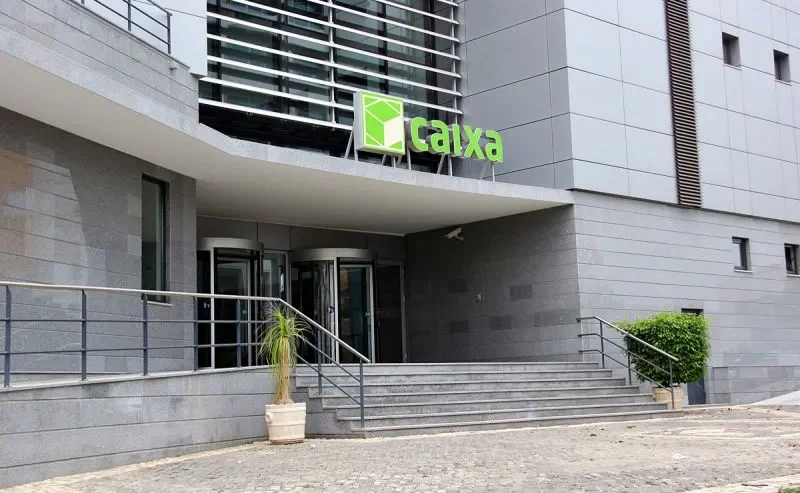The Cape Verdean Government begins its privatization plans by setting to sell 27.44% of its Caixa Económica de Cabo Verde shares.
Officials have announced the public offering on the local Stock Exchange for January 10. The sale will run from January 11 to February 23.
Each share costs 4,080 escudos, or approximately $40.55. Interested buyers can use the Blu-X platform or major banks.
This sale marks the government’s shift from active market involvement to a regulatory role.
The process aims for transparency, market compliance, and international best practices. It also encourages private sector and civil society involvement.
This strategic divestment will boost economic growth, job creation, and business environment in the archipelago.

As Caixa is publicly listed, the sale opens investment avenues for local and diaspora families to diversify portfolios and save.
Caixa, a leading bank in Cape Verde, boasts a net asset of 3.503.409 million escudos (approximately $34.82 million) and a strong solvency ratio.
In 2022, it achieved a record profit and was named the most digital bank in the sector. It’s partly owned by the National Institute of Social Security and Correios de Cabo Verde.
The government’s broader privatization agenda targets various sectors to enhance efficiency and stimulate economic progress.
Plans also include privatizing ENAPOR’s port operations.
The government is targeting the pharmaceutical sector with Emprofac/Inpharma and airport cargo management with CV Handling.
Background
Cape Verde’s privatization mirrors global trends, aiming to stimulate markets and attract foreign investment.
Regionally, it sets a precedent for small island economies, signaling a stable, pro-business environment.
Internationally, this strategy reflects emerging economies’ efforts to enhance competitiveness and reduce state dependence.
This move could attract strategic partnerships, positioning Cape Verde as a key player in Atlantic trade.
It offers a benchmark akin to Eastern Europe’s post-1990s successes yet demands transparency and public benefit.
The divestment might inspire regional banking reforms, setting new standards across West Africa.
While promising economic benefits, careful implementation is crucial to ensure sustainable and equitable growth.

